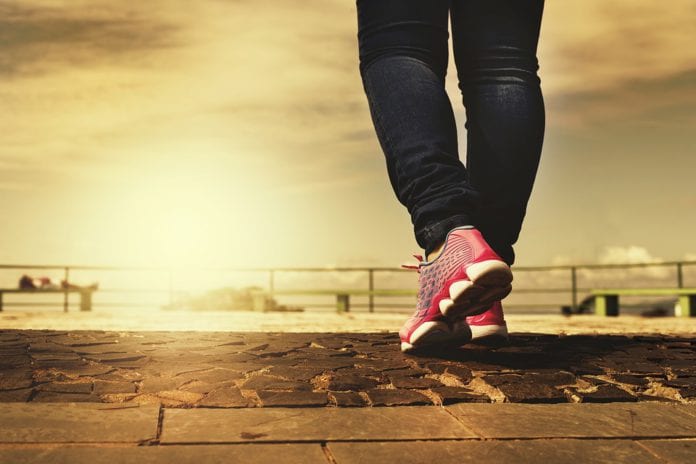Lifting the 2km travel distance limit is the lockdown restriction people would most like to see removed by a significant margin according to a new study from NUIG.
In the second wave of results from the Corona Citizens Science Study at NUIG, a survey of over 35,000 people nationwide, 50% said the 2km travel limit is the lockdown restriction they would most like to see removed.
That was followed by the ban on small gatherings, which was the first preference of 32% of respondents, with a return to work and school coming in third and fourth place respecitvely.
Reopening shops, pubs, and restaurants with the fifth preference among people who responded to the survey, showing that people are more interested in being able to see their friends and family in person than returning to pre-coronavirus social activities.
Dr Akke Vellinga, Epidemiologist at NUIG and joint lead on the survey said that as time has moved on, and the lockdown restrictions have remained in place, social distancing is having an effect on the number of people reporting flu-like symptoms.
“However, many parents are struggling to keep their children motivated to do schoolwork,” she added.
One of the more concerning findings in the survey was that 32% of respondents, 10,830 people, said that they had postponed a medical appointment.
The biggest reason, accounting for over half of these postponements, was that the medical professional was not seeing people at the time.
But other reasons given included not wanting to create an additional burden on the healthcare system, and concerns about the risk of contracting Covid-19.
“The postponement of GP appointments in particular is worrisome, and people should not put off calling their GP when they are worried about something,” Dr Velinga said.
The Corona Citizens Science Project from NUIG looked at the impact of the coronavirus pandemic and the associated restrictive measures such as the lockdown, on people’s daily lives.
While there were the expected frustrations with people’s ability to work from home, or keeping their children motivated with education, the survey also found positive changes in people’s behaviour.
The public’s increased interest in looking after or improving their home was reflected by 42% saying they were engaged in some type of DIY work, while 60% said they were busy gardening.
Walking remained the most popular exercise activity with 90% taking part, and 56% saying they did indoor exercise.
Prof Anthony Steins of DCU, joint research lead, said the study shows the impact Covid-19 is having, both on our health and on our health services.
“Important treatment is being delayed, and there will need to be a clear path to fixing this before queues in our healthcare system become intolerable.”
“We also see people beginning to think about life after lockdown, and making realistic suggestions for gradual easing of the restrictions.
“Irish people have made huge sacrifices to bring this disease under some control, which we needed to do before we could move on.”
The full results from Wave 1 and Wave 2 of the study can be read online here.












